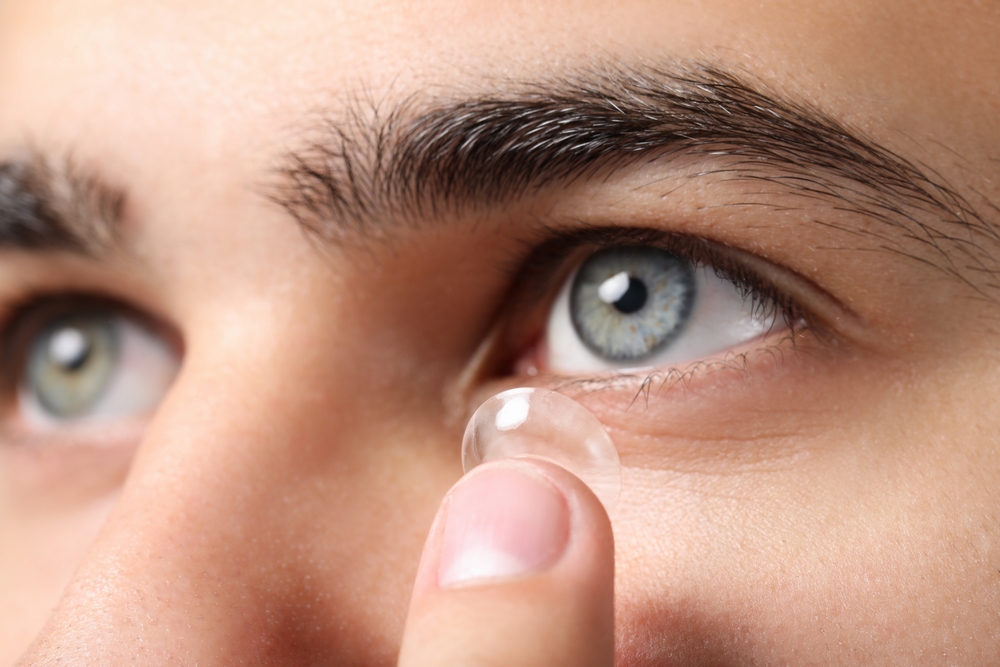
With an ever-evolving world that heavily relies on our visual perception, it's crucial for those of us with eye problems to find the best solutions. Specialty contact lenses are uniquely designed lenses that cater to specific eye conditions not typically addressed by regular corrective lenses. Specialty contact lenses are specifically designed and customized to fit a patient's unique eye shape and vision needs.
Different Types of Specialty Contact Lenses
Specialty contact lenses come in a variety of designs, each with its unique purpose and benefits. The types include scleral lenses, hybrid lenses, and custom soft or gas permeable (GP) lenses. Each type is designed to address specific eye conditions and vision challenges.
Scleral lenses, for instance, are larger than typical lenses and are designed to vault over the cornea, resting on the white part of the eye, the sclera. They're often used for conditions where the cornea is irregularly shaped, like keratoconus or post-surgical complications.
Hybrid lenses combine the benefits of GP lenses and soft lenses. They have a rigid center to provide sharp vision and a soft outer ring for comfort. These lenses are ideal for those with irregular corneas who struggle with the comfort of GP lenses.
Custom soft or GP lenses are designed to fit your unique eye shape and prescription, providing a more comfortable and accurate fit than standard lenses.
Eye Conditions Addressed by Specialty Contact Lenses
Specialty contact lenses cater to a variety of common eye conditions. Keratoconus is a condition where the cornea thins and bulges into a cone-like shape, causing blurred vision. Specialty contact lenses, like scleral or hybrid lenses, can help provide a smooth refractive surface, improving vision clarity.
Other conditions addressed by these lenses include presbyopia, a condition associated with aging where the eye loses its ability to focus on nearby objects. Specialty multifocal lenses can help address this issue by providing different powers in different zones of the lens, allowing for clear vision at all distances.
Patients with severe dry eyes can also benefit from scleral lenses, which create a tear reservoir between the lens and the cornea, providing constant hydration. Lastly, specialty lenses can be an excellent solution for those who've undergone eye surgeries like LASIK or corneal transplants, as they can offer comfort and clear vision when traditional lenses can't.
Determining the Right Type of Contact Lenses
The journey of choosing the right specialty contact lenses cannot be successful without the guidance of an optometrist. These professionals play a crucial role in evaluating your eye health, understanding your unique vision needs, and recommending the best lens type for you.
Eye doctors use advanced technologies to measure your eye's exact shape and size, ensuring a perfect fit. They also discuss your lifestyle and vision goals.
Conclusion
Specialty contact lenses are a life-changing solution for many individuals with common eye conditions. They offer a range of benefits, from improved vision quality and comfort to enhanced eye health. However, finding the right pair involves understanding the different types and working closely with an optometrist.
For more information on specialty contact lenses or to determine which is the right fit for you, schedule an eye exam with Jeffrey H. Brown Optometry in our Costa Mesa, California, office. Call (714) 710-8062 to book an appointment today.




